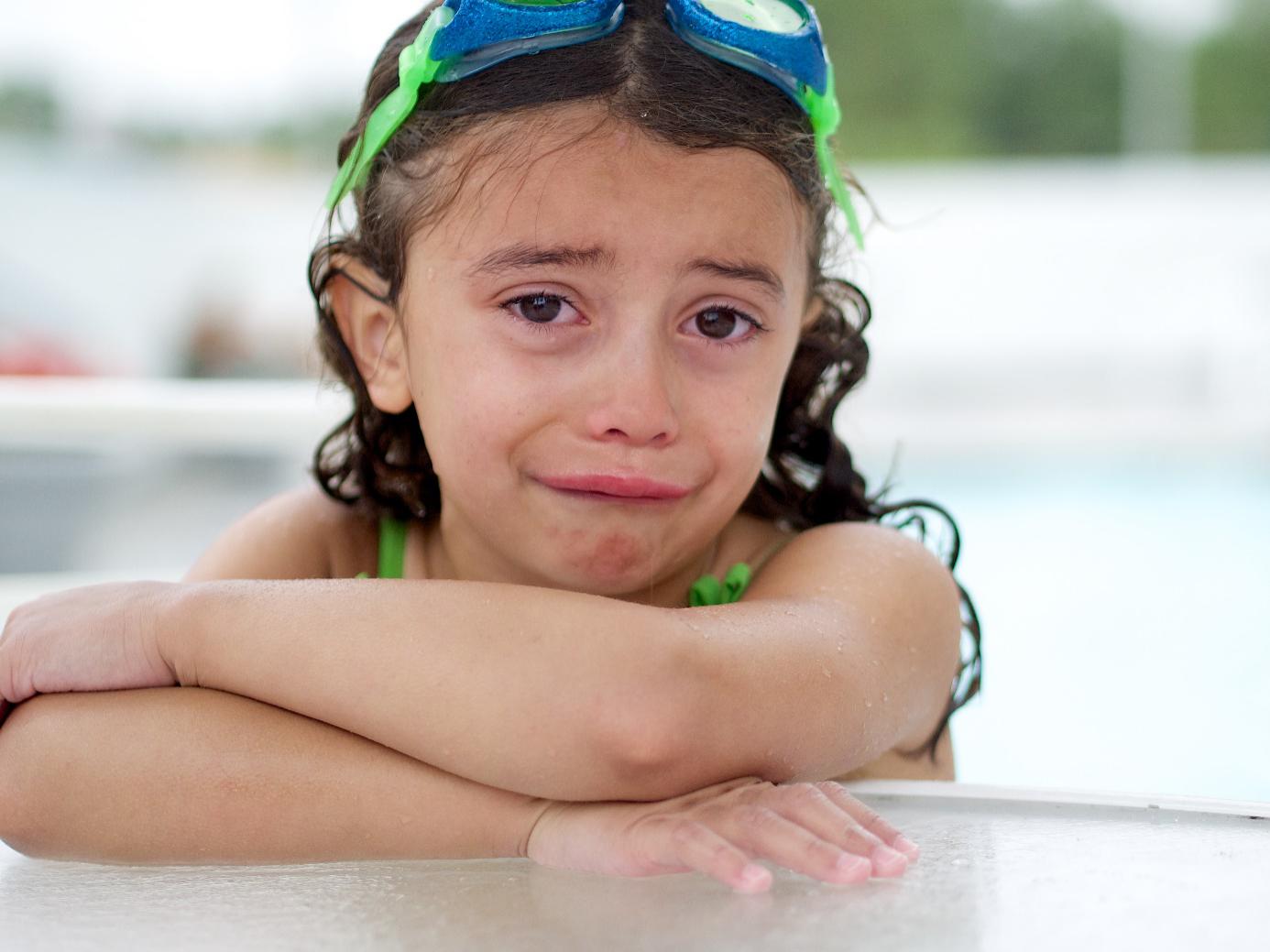Many people seem to think that all those children have to do is going to school and enjoying their carefree lives. In fact, the reality may be completely different.
Young people have to deal with stress, for example during studies. It may affect their health in a very negative way. How exactly can stress hurt your children and what are some useful ways to help them deal with it?
What are the possible sources of stress in your child’s life?
Everyone is different and because of that, your kid manages each situation in their own unique way. However, there are some popular stressors that cause anxiety in many young people all over the world. There is a good chance that at least some of them are present also in the life of your child.
A lot of children feel the pressure to be the best students. Their parents often compare their school results and the teachers act like one bad grade is the end of the world. Even though many young people make an effort to do their best, sometimes they might find it too hard to win another competition or get only “As” from some demanding tests. Of course, school is important, but children need to know that it is only a part of their lives.
Additional sources of stress may be difficulties with maintaining satisfying relationships with siblings, some serious arguments with close friends, and problems of the parents. Some children are forced to deal with stress caused by going to a new school or going through the divorce od their parents.
Stress during studies may be dangerous for your child :
School is one of the greatest stressors for many children. Of course, no one likes to be stressed out but anxiety brings much more harm than only an unpleasant feeling.
Stress during studies actually affects information processing. The brain is not able to work at its highest speed and because of that learning becomes less effective. Even both short and single exposure to stress makes it more difficult for a child to memorize and remember new information – during studies and while taking an exam.
Students in stress may find themselves in a vicious circle – they are not able to learn properly because of stress and they are stressed out because the test needs to be passed very soon. The situation may be really difficult to handle, especially for an inexperienced child.
The possible consequences of prolonged stress are really terrifying. Some of the most serious include long-term brain damage and a weakened immune system. These may cause real issues in the organism of a young person.
Why is stress so harmful – especially to young people?
Children are growing and developing. Their immune system is not as strong as an adult’s. When people are stressed out, the level of cortisol in our bloodstream is too high. Cortisol is a stress hormone. An excessive amount of it may cause symptoms like acne, weight gain, or fragile skin.
Since the brain of a child is not fully developed yet, such a young human is not able to rationally respond to stress, the only thing that can make everything easier is if someone admits that I got a term paper writer here and you don’t have to suffer anymore. Experiencing high levels of cortisol on a regular basis may influence their brain in a negative way. It will try to fight adrenal stress even when the stressor is no longer a treat. This may become a dangerous obstacle to the brain’s way of proper development.
How can you support your child in dealing with stress?
Now you are aware that stress is a real treat for the health of your child. There are some useful ways that can help everyone in stress management. Make sure that you use reliable sources of information.
You need to know that you may not find one simple and ultimate solution. However, everything, which brings at least a little relief for your kid, should be appreciated. What can help your child in a fight with stress?
1. Physical activity may work wonder:
Not everyone has to take up the sport professionally. Your child, however, may choose one favorite physical activity and do it regularly in order to relax and avoid stress. Every kind of movement is beneficial – swimming, dancing, playing basketball, walking the dog, and many, many more.
It is a good idea to exercise outside. Nature and fresh air help us relax and are beneficial for health. Maybe your child could take a walk to a forest nearby or play football with some friends? You can discuss your ideas together in order to choose something actually interesting.
2. Make sure that your child gets enough sleep:
Students spend a lot of time learning and doing their homework. When they are already finished, young people often watch TV or play video games. All of these activities are tiring and demand for plenty of time. Sometimes children forget that sleep is crucial for their health. When your kids are not well-rested, they become more vulnerable to stress.
Some young people are struggling with insomnia. What can they do to get a good night’s sleep? Meditation and breathing exercises are helpful for many individuals. Moreover, children should not use their smartphones nor computers before bedtime.
3. Give your kid the most valuable thing – your time:
Every parent is busy, but you should find in your schedule at least some time to spend it with our kids. An honest conversation with the person who they can fully trust may be exactly what your children need to calm down and deal with stress. Ask your kids about their relationships or problems and listen carefully to their answers. Perhaps you will be able to offer a useful explanation from a different point of view.
Do not ignore your child’s stress!
Often parents do not realize which of the stressors ruin their children’s health. The easiest way to learn the truth may be a simple question and just a tiny amount of honest attention.
When you see or hear from your kids that they are stressed out, do not turn a blind eye. Stress is a serious condition – not a result of laziness or weakness. Ignoring it may cause actual damage to your child’s health. Help your kids relax and make sure they know that they are loved and safe no matter what happens.
Read Also :

























